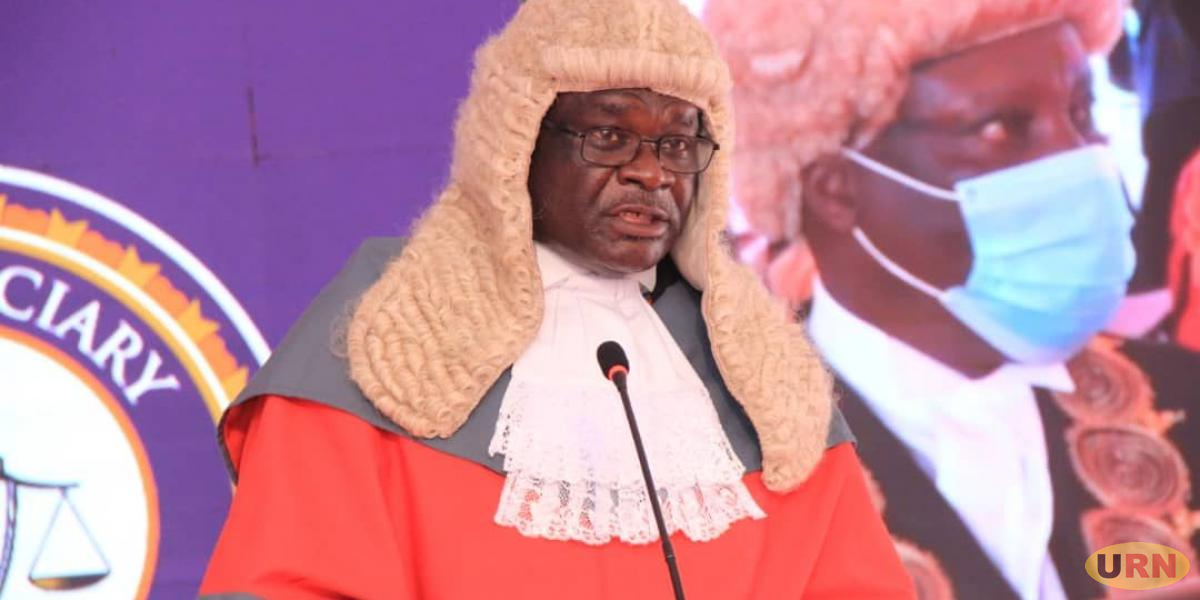Officials in a group photo at symposium on Economic Crime at the Serena Hotel, Kampala.
By Francis Otucu
The Uganda Revenue Authority (URA) Commissioner General (CG), John R. Musinguzi, says addressing economic crime will increase revenue collections and help Uganda attain economic independence.
Speaking on the sidelines of the on-going symposium on Economic Crime at the Serena Hotel, Kampala on Thursday, Musinguzi said: “We are recommitting ourselves in the next 3-4 years to collect enough money that can balance our budget and take care of our national needs and lead our country to economic independence.”
The symposium is being held under the theme: “Shaping today’s Intelligence to tackle tomorrow’s threats”.
Economic crime faced by developing countries is a major threat to development.
“Resources that could support a country’s development are lost through economic crime such as corruption, money laundering, smuggling, terrorism financing and tax evasion among others,” Musinguzi said.
The Government of Uganda has over the past years initiated mechanisms to combat economic crime. These include; review of the legal framework, strengthening of Law Enforcement Agencies (LEAs) and the establishment of various structures (e.g. the Internal Security Organization Economic Desk, Police Cybercrime Unit, the Financial Intelligence Authority, and the Anti-Corruption Court, etc.)
Notwithstanding the above Government efforts, Musinguzi said, economic crime is still on the rise. For instance, according to the global financial integrity report, the potential mis-invoicing of Ugandan imports from 2006-2015 was approximately US$4.9 billion whereas that of exports was about US$1.7 billion.
This mis-invoicing is perpetuated by legitimate companies to generate funds for financing criminal activities such as terrorism financing which was estimated at more than US$ 100million in 2017 as per the national risk assessment report on money laundering and terrorism financing.
“The prevention and detection of the economy is further challenged by the country’s digital economy that continues to spur, the average Ugandan consumer is increasingly getting connected, with 42% of the population in Uganda now connected to the Internet (19 million),” the URA boss said, adding: “This explains URA’s initiative to bring together LEAs & Security Agencies in Uganda for a one-day symposium.”
The Overall objective of the symposium is to develop a strategic framework that will drive an integrated and collaborative approach, entailing the consolidation of the different Law Enforcement and Security agencies tasked with fighting economic crimes.
“For all these institutions that you have seen, there is an existing collaboration. We work with the army in enforcement, we work with the police in investigations, we work with Immigration at the border and entry points to collect revenue and scan what is coming into the country, we work with the DPP for prosecution, we work with URSB for registering entities, we work with the Bank of Uganda (that’s where we deposit the revenue we collect on a daily basis, we work with the State House Anti-Corruption as we get rid of corruption in the institution, we work day to day with all these agencies that we have convened here but the purpose of this symposium is that we can’t put our heads together and see how to take this collaborations to the next level,” Musinguzi said.
He added: “… this is a journey we cannot walk alone or it’s not a journey where we can do business as usual. So, we thought of this symposium because economic crime is key at the heart of revenue leakages. Smuggling is part of economic crime, tax evasion and planning is part of economic crime (people who falsify documents to dodge revenue, money laundering is part of economic crime. So, all these are real threats in our journey to move our country to economic sufficiency and therefore, we thought it’s important to call on the stakeholders, sit on a round table, have our technical teams discuss how we can do the collaboration we have been doing better. How can we be more efficient so that we close all the revenue leakages and we collect enough revenue that will develop our nation.”
Former Internal Affairs Minister, Gen. Jeje Odong explained the need to involve all arms of government in the fight against economic crimes.
“Economic crimes are tasks that cover various agencies. They cover agencies that come in contact with the society. They cover the agencies that must deal with certain aspects of criminality,” he said.
For example, he noted, “one of the institutions that picks money in collaboration with URA is the immigration. Now, if the immigration department works in isolation and does not link with URA, there will be a missing gap. So, the immigration department must work in collaboration with URA. One of the institutions that provide a significant amount of information to URA is NIRA. If NIRA does not collaborate with URA, then many individuals who may have tax obligations can go unnoticed. URA must therefore be able to link up with information and data available in NIRA for that purpose. If a crime is identified, URA in itself may not have the capacity to investigate. So, it must depend on the investigative arms of the government like the intelligence agencies as well as the CID department of police. So, it is in this respect that collaboration is of very significant importance. URSB, for example, registers different companies. If that information is not available to URA, such companies can go scot-free without meeting their tax obligations.”





